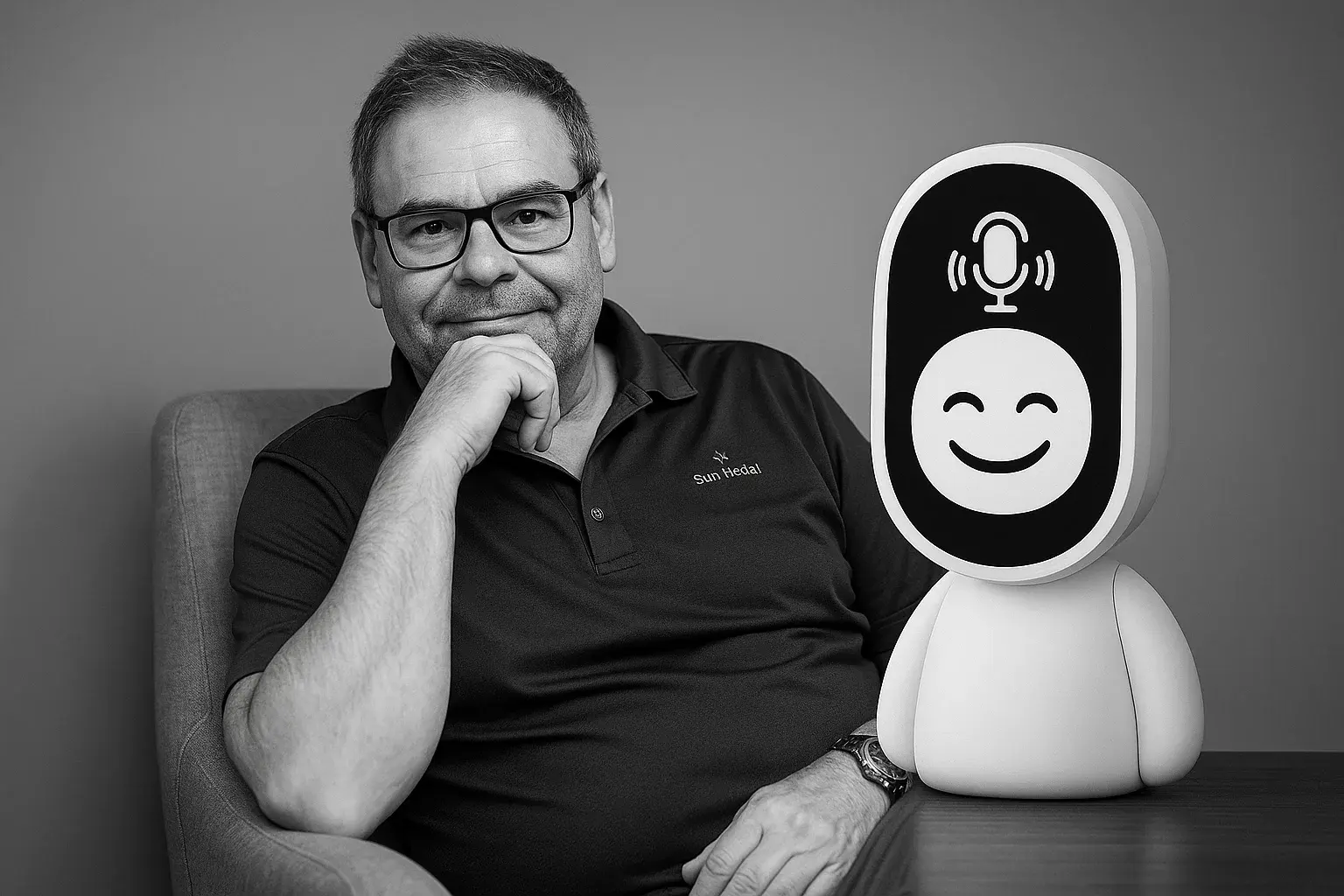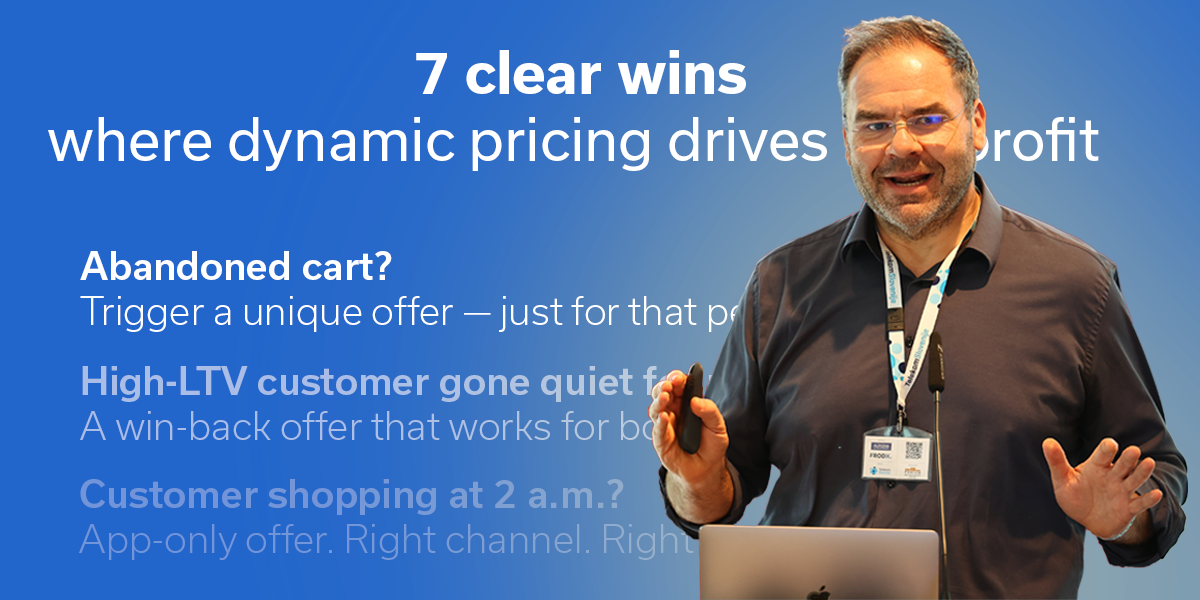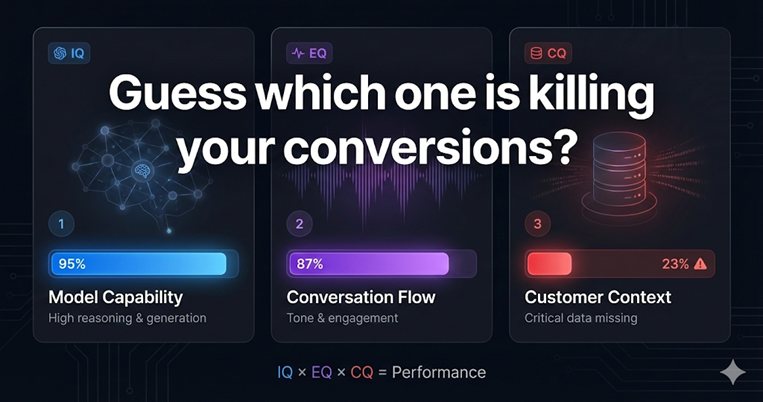17.1% of callers thanked my voicebot for letting them leave a message

Yesterday marked exactly two months since I switched on an AI receptionist on my phone. Instead of the classic "beep" nudging you to leave a message, callers now hear AIDA — my virtual assistant. In that time, 189 calls were routed to her. Thirty-one were from my wife, kids, and aunt. The rest were work-related.
A few numbers genuinely surprised me — and got me thinking.
In 73 cases (46.2%), AIDA pulled callers into an actual conversation. She captured why someone called, what they needed from me, and when they expected a call back. Even their name and phone number. People who have never left me a voicemail before (which almost no one does anymore) ended up talking to her. The ones who normally call me five times in a row if I don't respond within 20 minutes? This time, they calmly left clear, structured instructions — no repeating themselves, no stress.
Twenty-seven people (17.1%) even thanked her at the end.
AIDA is just a friendly voicebot acting as a virtual assistant. Nothing more. But apparently enough to shift human behavior in a completely different direction.
And that got me thinking. Not about the tech. About the people. And about how AI is already influencing the way we behave.
I tried to understand why we talk to AI the way we talk to people
What's actually going on?
When a voice says, "This is AIDA, Igor's virtual assistant," instead of a beep, your brain instantly switches into conversation mode: greet, respond, ask, summarize. AIDA behaves like someone on the other end of the line — not like a dead-end inbox.
And people adjust faster than I expected. Probably because I've never heard anyone thank the self-checkout at the grocery store. My expectations were clearly more pessimistic than reality.
Voicemail expects a monologue.
AIDA creates a dialogue.
Voicemail puts everything on you.
AIDA guides the exchange.
Voicemail feels like a chore.
AIDA makes you feel heard.
And here's something else: people often open up more easily to AI than to humans. No social pressure. No awkwardness. No fear of sounding silly. That frees up communication. Messages become clearer, more concrete, more useful.
Even though none of these callers expected an AI-driven conversation when they dialed my number — definitely not on the first redirect.
That experience changed how I look at the entire channel.
What does this mean for your customer experience?
I'm convinced we've built a tool that can meaningfully improve customer experience in many companies.
Missed calls — when the phone rings into nothing — should already be history. Endless IVR menus? Also outdated.
If you deal with a lot of missed calls, that very first touchpoint sets the tone for the whole relationship.
An AI assistant doesn't replace a human. It replaces the void created by a beep no one responds to. And in many cases, it can already provide real answers: appointment slots, status updates, basic terms, "where's my package," simple questions. It takes pressure off your team. Fewer transfers. Less chaos. And customers feel like something is already moving — in the first minute.
That's the difference between a phone waiting for someone to drop something onto it — and a phone that starts resolving things.
From a customer-experience perspective, that's a major leap forward. The only real question is: how long will you wait before your customers get it?
P.S.
Want to test your own AI assistant until the end of the year?
Thinking about replacing your IVR and taking routine calls off your team's plate?
Send me a quick email and I'll connect you with our onboarding team. They'll take it from here.
.jpg)

